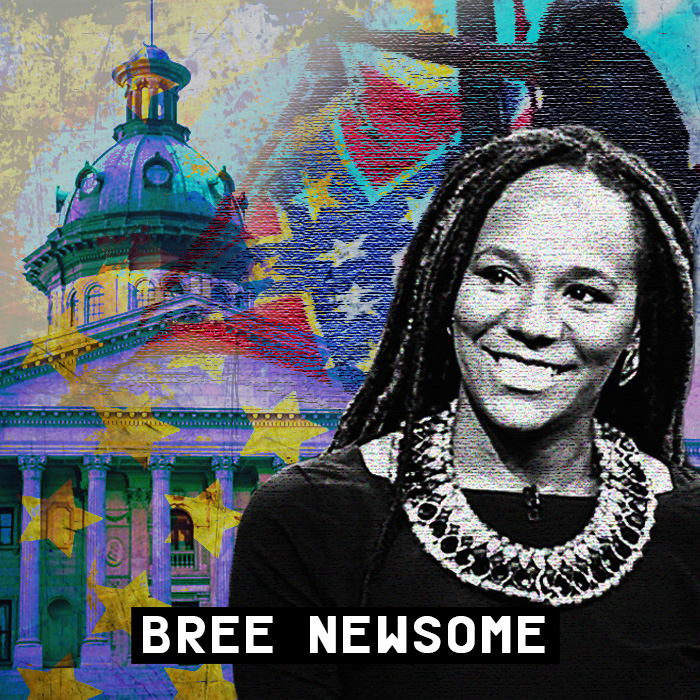
Black History Month is meant to celebrate the achievements of African Americans in the United States. While we have made huge strides toward overcoming the barriers that have set us back—we have not fully overcome the damages that centuries of exploitation, oppression and free labor have had on our communities due to enslavement and Jim Crow laws. Many people tell our community that we should “get over it” and “slavery is over, the playing field is equal”—but it's no secret that structural racism has continued to plague our community with higher unemployment rates, overincarceration and a wider education gap than whites and other communities of color.
Our nation has been able to build satellites to the moon, cure infectious diseases and fix holes in our ozone, but we have failed to fix systemic racism and find a cure for generational poverty, which would lift wages and provide a better life for all working people. Taking 28 days (or 29 days in a leap year) to celebrate the victories and highlight the challenges of the black community certainly isn’t enough. We must push ourselves to identify how we empower our nation to support the advancement of black communities 365 days a year.
In a report developed by black scholars, union leaders and activists entitled A Future for Workers: A Contribution from Black Labor, we unpack some of the social and economic ills that have plagued black communities for centuries and reframe the solutions that are not new to us. Unemployment and underemployment, inadequate health care, environmental racism denied access to education—are all problems the black community has suffered from for centuries, but through our report and a series of town halls we will hold across the country, we hope to develop a road map for how labor leaders and our community partners can begin to heal the wounds and fix the issues our people face.
With the national conversation shifting toward the treatment of the black community through excessive force, strategic racism within politics and employers, we have an opportunity to push our agenda to the forefront. Integration into society is not enough. We must continue to fight for our humanity, not just for equality. We need equity in our school systems, our wages, our health care and in our economy. This Black History Month, let’s move beyond the part of our history that makes us comfortable. Let's take on the policies and changes we know we need to push for to make the future of black workers a better place.

